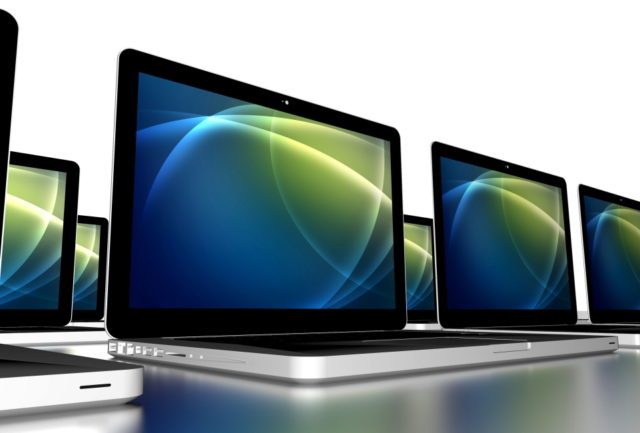
Buying a laptop seems to be an easy task. But when you are starting the research for the best laptop you will understand that there is no one best laptop available.
Apart from that, you will find the list of best laptops available and you will have to choose one from it. No matter if you go for a cheap laptop or expensive ones, there are a few things that you need to consider always.
- Size
You might be thinking, whether the screen size of a laptop must be given much importance. Of course the size matters a lot. Depending on what you are going to do with your laptop, you need to pick the correct size that suits your needs. Laptops will be available in different sizes ranging from 11.6 inches to 17.3 inches. If portability is your primary concern, then go for light weight models with small screen size.
- Quality of the screen
It is the screen on which you look for long hours in a day while working on a laptop. So obviously it has to be of good quality. Make sure that screen of your laptop is comfortable for your to look at. A laptop with good resolution will be much better to watch for a long time. While choosing touchscreen laptops check whether you are fine with the glossiness of the screen. For a gamer a laptop with good refresh rate is recommended.
- Memory matters
Having enough memory is vital to system performance, and lots of RAM lets you run more applications simultaneously. Sufficient RAM is also necessary for image and video editing, and crucial for 3D gaming. This is especially true in laptops, because integrated laptop graphics processors can have little or no memory of their own and share the main system’s RAM.
We’d recommend buying slightly more RAM than you need to extend the useful life of your laptop. While you can add RAM yourself after purchase, in these days of super-slim laptops, memory sockets may not be easily accessible by the user.
Here’s a guideline to determine how much RAM you need:
- 512MB – 1GB: generally fine if you’re running a Linux variant on something small like a netbook, but really, this is far too little for today’s uses. Web browsing will likely suffer, as will modern apps and operating systems.
- 2GB: absolute entry level. This will be fine for office work and basic internet browsing, but you may find things occasionally slow down.
- 4GB: where everybody should start, and is a nice balance for 3D gaming, graphics work and video editing.
- 8GB or more: recommended! This should ensure that you’ll tackle all tasks just fine.
Important: keep in mind that for 4GB RAM or more, you’ll need to run a 64-bit operating system to take advantage of all the memory — a 32-bit one won’t be able to access it all.
Since Windows comes as separate 32- and 64-bit editions, make sure you’re getting the right one if you intend to run Microsoft’s operating system.












